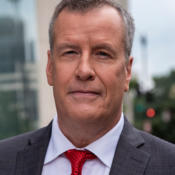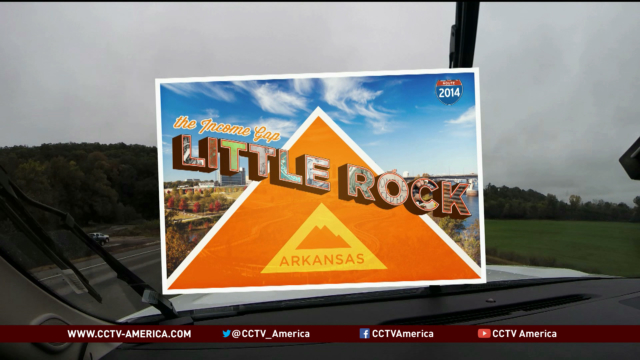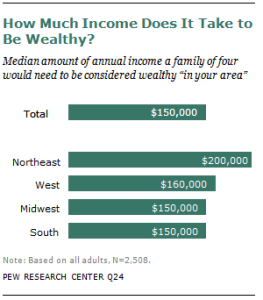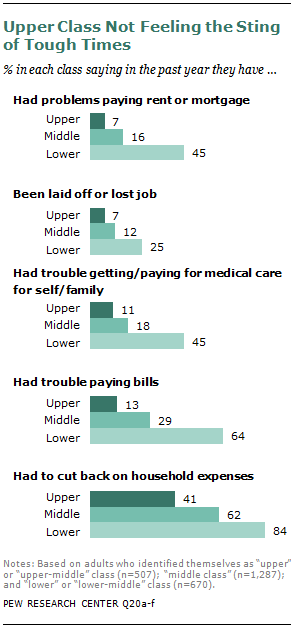In the United States, the gap between rich and poor is the highest it has been since 1928. This gap is painfully obvious in a state like Arkansas. CCTV America’s Sean Callebs visited Little Rock to speak to residents about their concerns as part of our ongoing series, Route 2014: The Road to the U.S. Election.
A 2012 poll from Pew Research found that people making the most money are not only more financially secure, but have more job security and are more happy in life. What’s more, one in three of the so-called ‘upper class’ say they rarely or never experience stress.
In Arkansas and many other states, the income gap will be a major issue in the November election. The capital, Little Rock, is home to the Presidential Library of Bill Clinton, but as we rolled through the region, voters in large part blame lawmakers for the growing divide between the rich and poor.
The annual state fair gives people a chance to forget about their economic woes for a while and embrace everything Arkansas. Jennifer Cook, and her husband Brian, are cattle farmers. Every year, they come to the fair to compete in the livestock competition. The stalls that used to be filled, are more empty this year, a result of the economic downturn.
“Well, what I know is there are very few family farmers out there who can afford to be on the farm exclusively. We could not do what we do if he was not working in town,” Cook said.
Driving through the heartland, many say the economic recovery has not yet reached most Americans. The rich are getting more wealthy, but the middle class is becoming poorer. As the elections approach many said achieving the American dream seems impossible these days.
“People are working hard. They have the American dream. They just can’t make ends meet,” said Steve Copley, a Methodist reverend in Little Rock. He says people feel left out, because the so-called ‘one percenters’ control so much of U.S. wealth.
“Once, if folks could work hard and play by the rules, they could make it they could be in the middle class. That is disappearing and disappearing quickly,” said Cook. “I think people are very fed up.”
Cook said with less profit margins and higher expenses, food producers and farmer can’t afford to stay in business, which could lead to a food shortage.
There are no easy answers. These people have watched the economic bubble burst. They say while the one-percent may control much of the U.S. income, the 99-percent control a lot more votes.

For more insight on the U.S. income gap, CCTV America interviewed Michael Lind, co-founder of the New America Foundation.

For more behind-the-scenes information about this series visit:
 CGTN America
CGTN America




